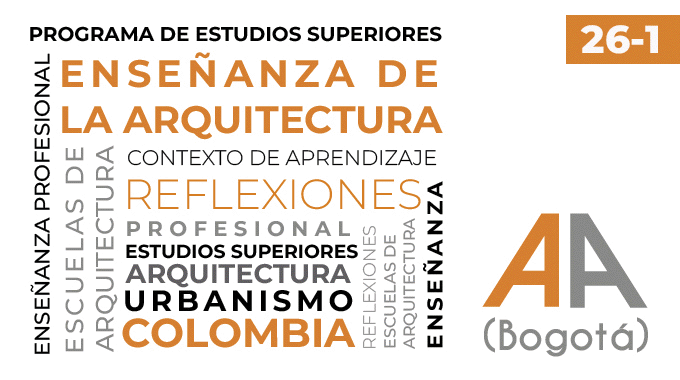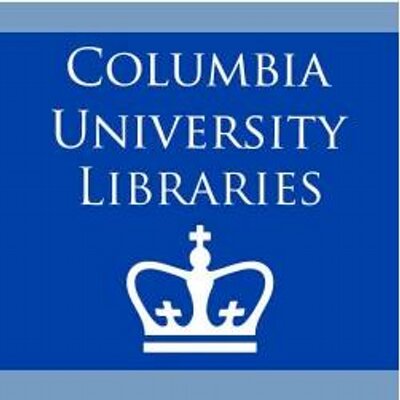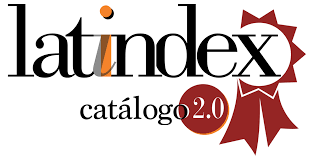

Este trabalho está licenciado sob uma licença Creative Commons Attribution-NonCommercial 4.0 International License.
A Revista de Arquitectura está catalogada como uma publicação de acesso aberto. Mais informações >>>
Os autores conservarão os direitos autorais e garantirão à Revista de Arquitectura o direito de primeira publicação da obra, o qual estará simultaneamente sujeito à licença Creative Commons (Atribuição-NãoComercial 4.0 Internacional CC BY-NC).
Os autores assinarão uma licença não exclusiva de distribuição da versão da obra publicada mediante a assinatura do documento RevArq FP03 Autorização para reprodução de artigo.
O autoarquivamento estará de acordo com os critérios expressos pelo SHERPA/RoMEO e pela classificação verde.
Para ver esses lineamentos, por favor, consultar >>>
Resumo
Las entrevistas que componen esta tercera serie tienen en común elementos que refuerzan la idea del influjo diferido que tuvo Mayo del 68 a través de dinámicas y actores que aún no han sido plenamente reconocidos por la historiografía nacional en la enseñanza de la arquitectura en Colombia. El testimonio de los arquitectos Lorenzo Fonseca, Carlos Niño y Fernando Viviescas señala la importancia creciente, otorgada durante los años 70 por las escuelas colombianas de arquitectura, a los títulos obtenidos en Europa y Estados Unidos por aquellos jóvenes profesionales ilusionados con seguir una carrera como docentes e investigadores. Si bien en las décadas siguientes esta realidad se convirtió en una exigencia para ejercer la docencia, es pertinente la mirada que otorga una perspectiva sociológica a estos fenómenos ocurridos durante el último cuarto de siglo en Colombia.

Referências
Chadoin, O. (2021). Sociologie de l’architecture et des architectes. Editions Parenthèses.
Cohen, J. (2015). La coupure entre architectes et intellectuels, ou les enseignements de l’italophilie. Mardaga
Moulin, R., Dubost, F., Gras, A., Lautman, J., Martinon, J. & Schnapper. (1973). Les architects: métamorphose d’une profession libérale. Calmann-Lévy






























